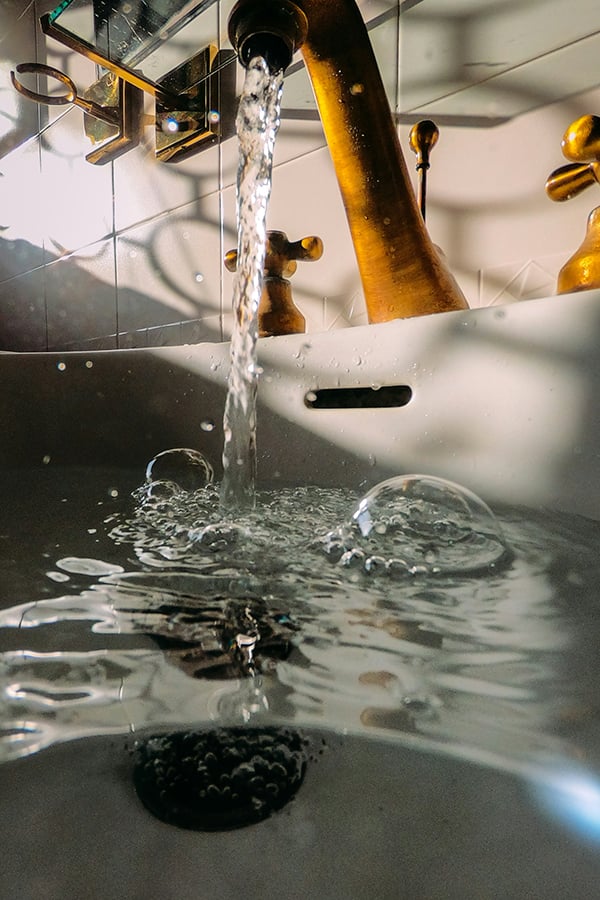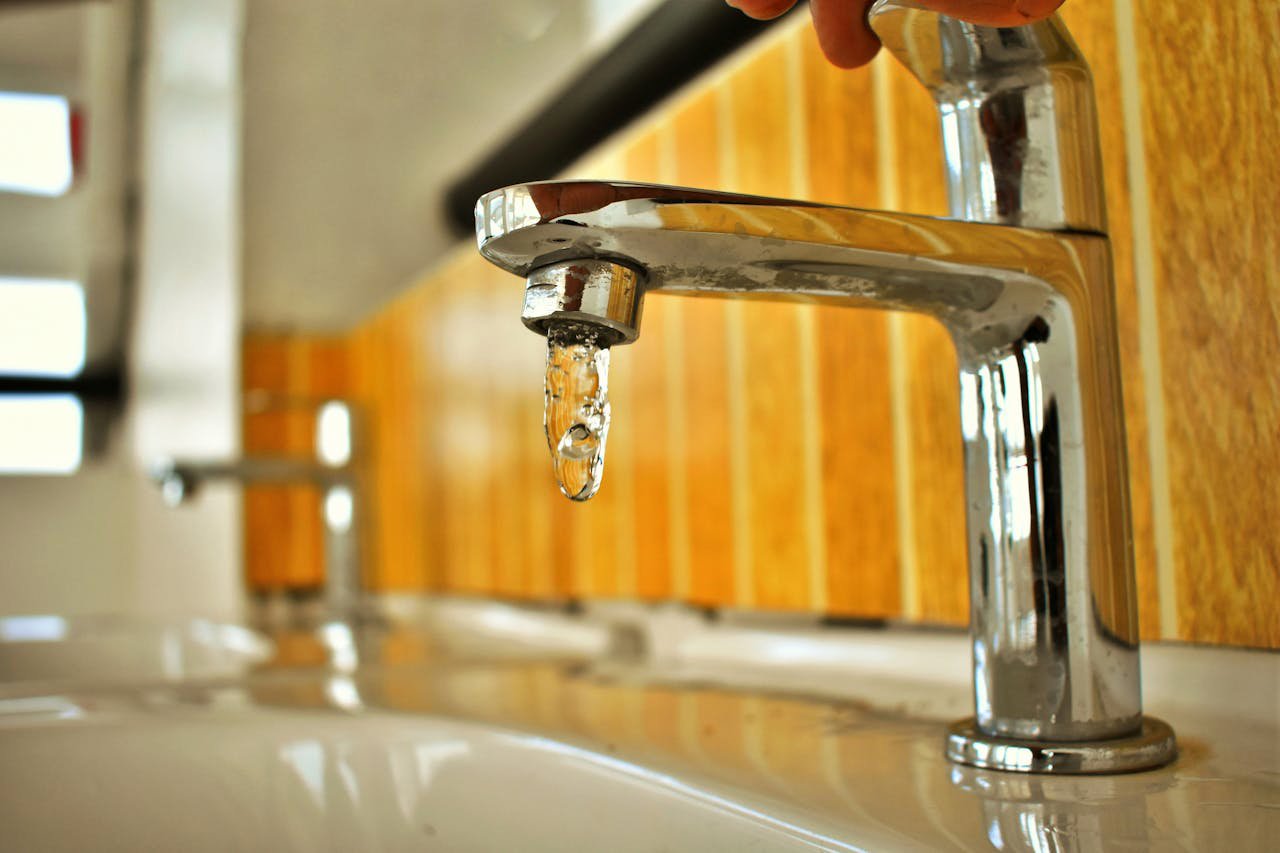Ensuring your home is comfortable and functional often means addressing water and heating issues promptly. From dripping faucets to inconsistent water temperatures, these problems can inconvenience your daily routine and inflate utility bills. Fortunately, many common water and heating issues can be fixed with a bit of know-how and effort.
In this guide, we’ll explore various common water and heating issues you might encounter at home and how to tackle them effectively. Whether you’re a DIY enthusiast or someone who prefers to call in the professionals, this article will offer valuable insights and practical tips to help you maintain a smoothly running-household.
Why Professionals Matter
While many homeowners are keen to fix issues themselves, knowing when to call a professional can save time, money, and stress. Licensed plumbers and heating technicians bring expertise, tools, and experience to diagnose and resolve problems efficiently. By hiring professionals, you avoid trial-and-error fixes that could exacerbate the issue.
Professionals are trained to deal with a wide range of scenarios. Whether you need Water heater repair service, pipe replacement, or furnace maintenance, their knowledge and skills can ensure the job is done right the first time. Additionally, they are equipped with specialized equipment and safety gear to handle potentially hazardous situations. In addition to fixing issues, professionals can offer valuable maintenance tips to prevent future breakdowns. Regular inspections by a qualified technician can extend the lifespan of your appliances and improve their efficiency, saving you money in the long run.
Identifying Common Water Leaks
Water leaks are among the most common issues homeowners face. These can stem from various sources, including faucets, pipes, and even appliances. A dripping faucet, for instance, might seem minor but can waste gallons of water over time. Identifying the source of the leak is the first step in fixing the problem.
Start by checking visible pipes and fixtures for signs of moisture or water stains. Sometimes, the leak’s location isn’t immediately obvious and may require closer inspection. Monitoring your water meter can help detect hidden leaks; a continuous reading when no water is being used indicates a leak. For more significant leaks or those within walls, professional assistance is advisable to avoid further damage to your home.
Maintaining Water Heater Efficiency
The water heater is an essential appliance in any household. Unfortunately, it’s also one of the most overlooked until issues arise. A lack of hot water, strange noises, and visible leaks are common signs that your water heater needs attention.
One way to ensure your water heater stays efficient is by flushing it periodically to remove sediment buildup. This buildup can cause the heating element to work harder and consume more energy over time. Additionally, checking the temperature settings on your water heater can prevent scalding accidents and conserve energy.
Addressing Inconsistent Water Temperatures
Have you ever experienced a sudden burst of cold water in the middle of a hot shower? Inconsistent water temperatures can be frustrating, but they can also indicate underlying issues. One possible cause is a malfunctioning mixing valve, which blends hot and cold water to achieve the desired temperature. A clogged or damaged mixing valve can cause fluctuations in water temperature.
Another common culprit is an aging water heater that needs replacement. As appliances get older, their efficiency decreases, causing inconsistencies in performance. Consulting with a professional technician can help determine the best course of action for addressing inconsistent water temperatures.
Dealing with Low Water Pressure
Low water pressure can be an aggravating issue, affecting everything from showering to washing dishes. Common causes include clogged pipes, corroded plumbing, or issues with the municipal water supply. To diagnose low water pressure, begin by checking the water pressure gauge, if available, and inspecting the water pressure regulator. In many cases, mineral buildup within the pipes is to blame, which may necessitate professional cleaning or replacement of the affected sections. Furthermore, ensuring that your main water valve is fully open and checking for any leaks in the system can help to improve water pressure. For persistent issues, consulting with a professional plumber is advisable to prevent more extensive damage.
Addressing common water and heating issues at home not only ensures a comfortable living environment but also contributes to energy efficiency and long-term savings. While some problems can be managed with DIY methods, understanding the value of professional expertise is crucial for more complex or hazardous situations. Regular maintenance, timely repairs, and professional inspections can go a long way in maintaining a smoothly running household. By staying vigilant and proactive, homeowners can tackle water and heating challenges effectively, ensuring their home remains a safe and comfortable haven.






